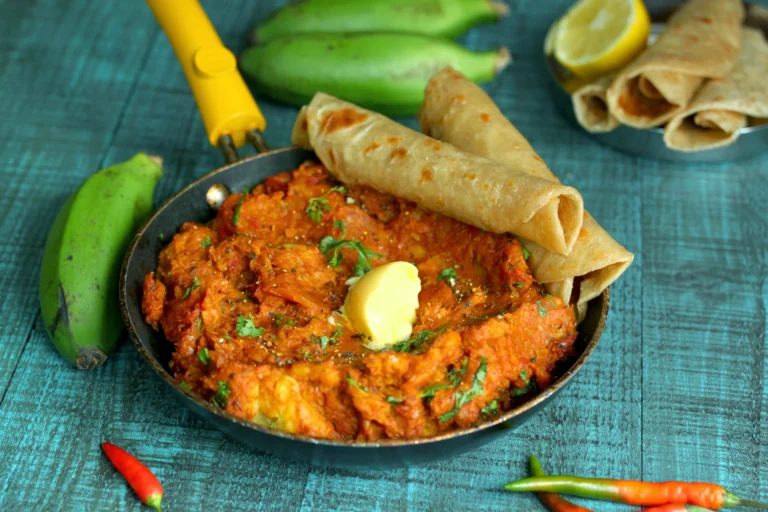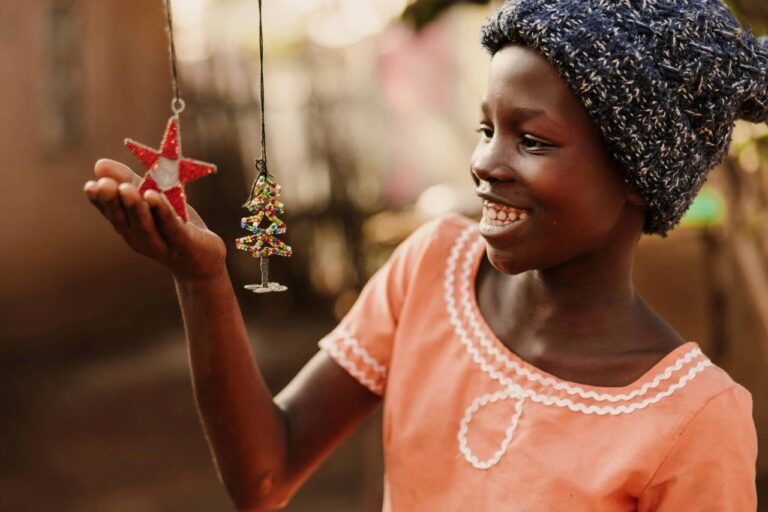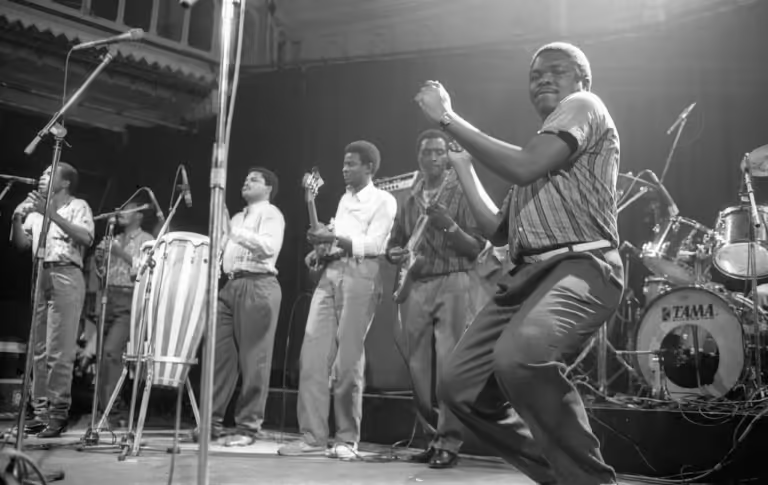The Vibrant Ewe Culture
The Ewe culture is a beautiful and vibrant culture popular in Ghana, Togo, and Benin’s Southeast. The Ewe people are believed to trace their ancestral roots to the powerful Oyo kingdom in Nigeria, but they eventually moved west and settled where they are now. The unique combination of influences in their culture could be attributed to this movement.
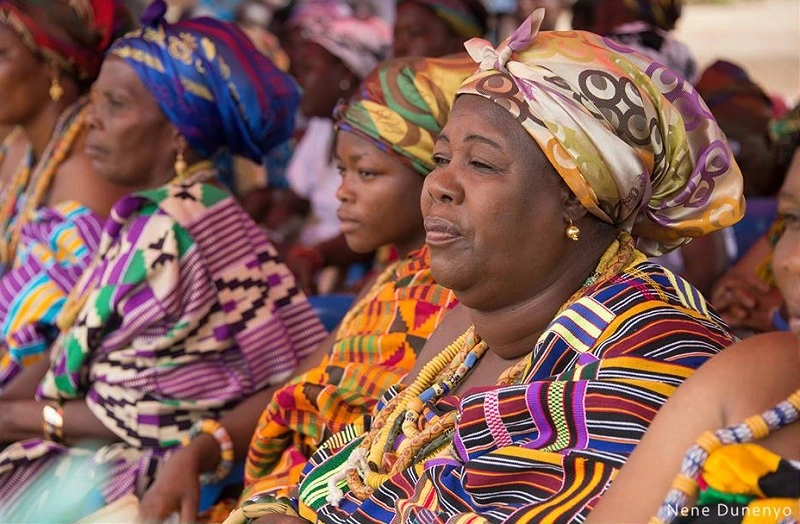
The Ewe language belongs to the Kwa family and shows a connection to their Yoruba heritage. Mostly farmers, the Ewe people grow yams and corn for their meals. However, their cuisine goes beyond these staples. They enhance their stews with thickened greens and palm oil for richness. For seafood enthusiasts, visiting the coast is a must, as the Ewe have perfected their fishing techniques there.
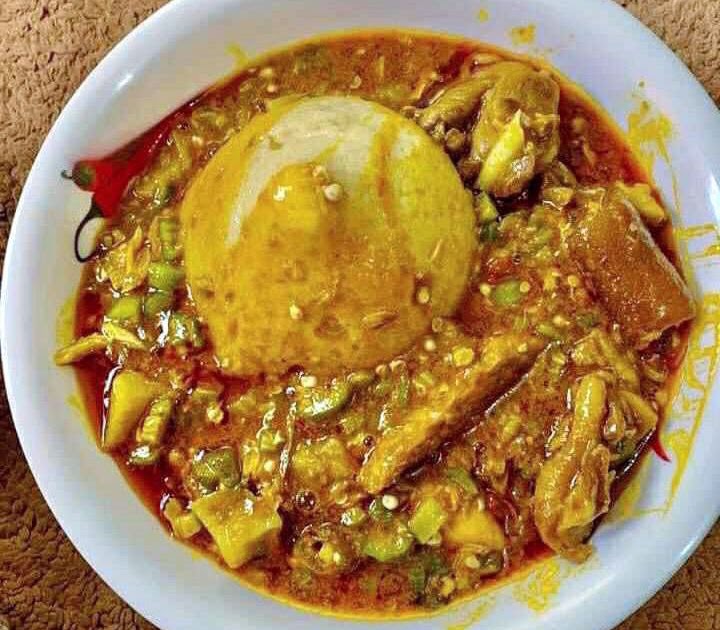
Besides their culinary expertise, the Ewe are accomplished blacksmiths, weavers, and spinners, crafting beautiful artefacts adorned with intricate patterns that narrate stories. In towns and villages, Ewe music is predominantly characterised by drumming, infusing every gathering with liveliness and vibrancy. The rhythms are intricate and mesmerising, with the “axatse” and “kidi” drums adding layers of complexity, while the “gankogui” bell sets the tone.
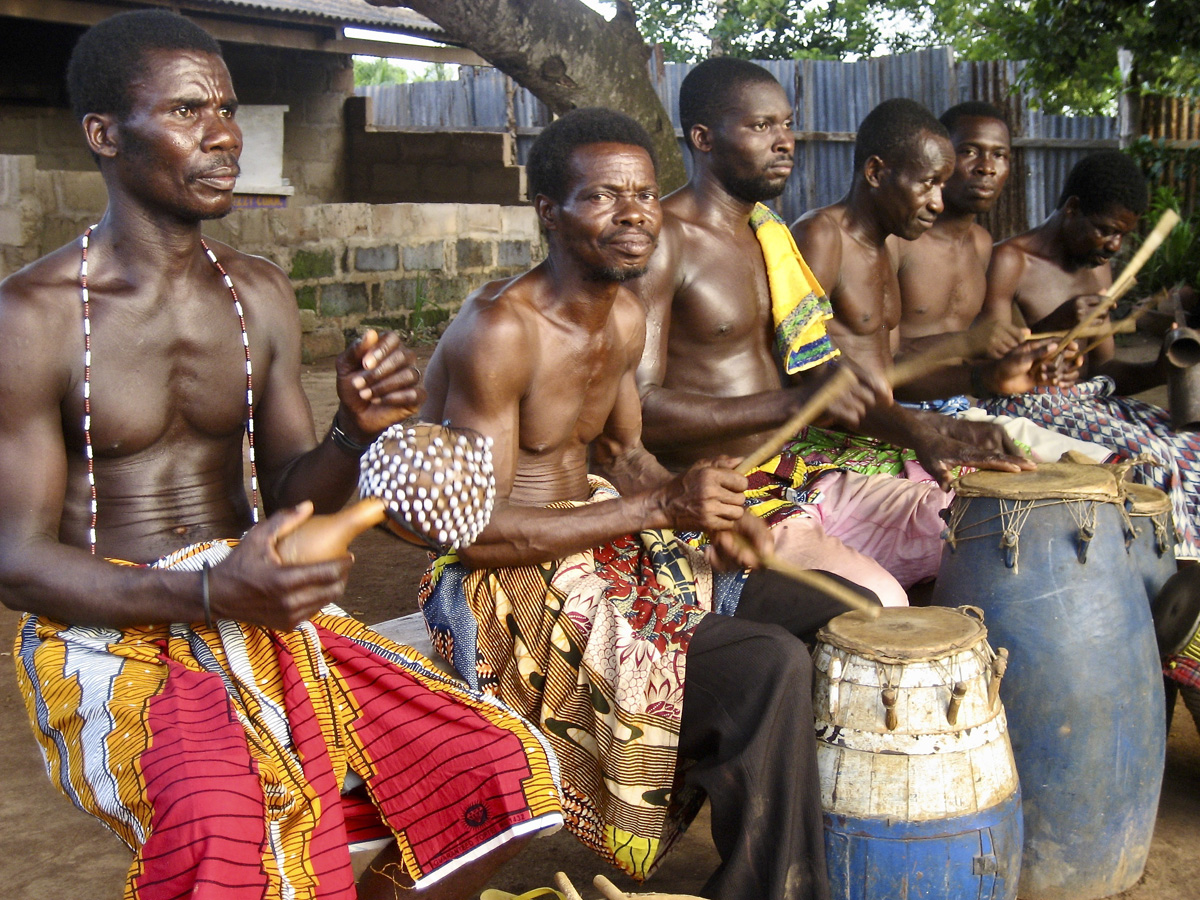
Ewe music involves more than merely keeping beat. It’s a language, with various rhythms to express ideas, feelings, and past events. It is a kind of art. There’s the soul-stirring “Anyigba”, sung by women to celebrate life’s milestones, and the vibrating “Agbekor”, which drums up the courage for warriors. The corresponding dances, however, bring the culture to life and attract audiences more than the music alone.
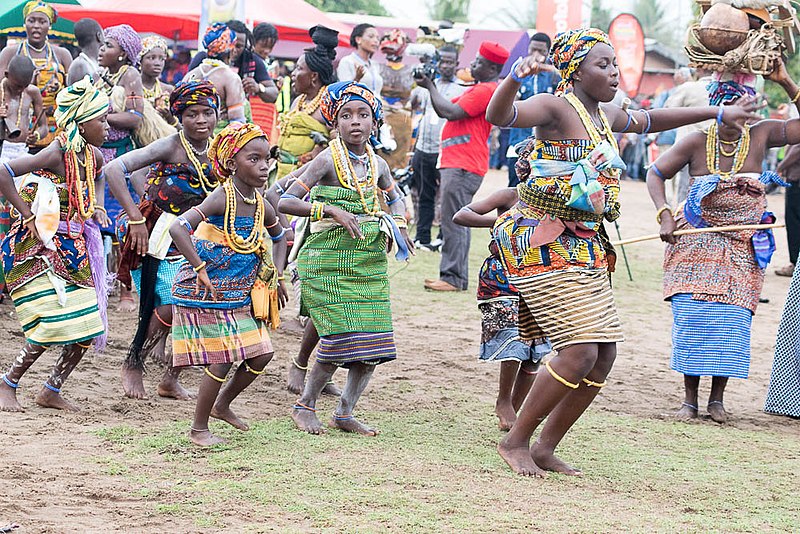
Ewe dance is a representation of the people’s resilience, spirit, and solidarity, whether it’s the lively “Agbadza” dance, performed at joyful celebrations, or the mournful “Atsiagbekor” dance, used to respect ancestors and commemorate significant events. The dances are often accompanied by music, telling stories about the Ewe people’s history and way of life.
The Ewe people of today have embraced modernity, with a number becoming Christians. Younger generations’ cultural habits and lifestyles have changed due to urbanisation, technological access, and educational possibilities. Nonetheless, efforts are underway within the community to promote and preserve Ewe heritage, including language, customs, and traditions, for future generations.

